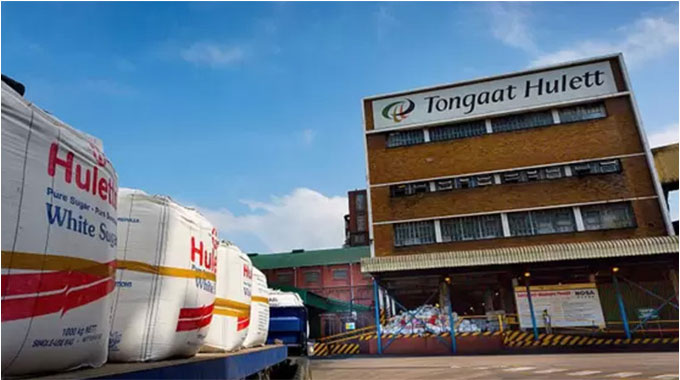Call for community support in combating telco infrastructure vandalism
Zimbabwe’s telecommunications companies have called for community support in combating the vandalism of critical telco infrastructure in their localities, warning that consumers will continue to suffer connectivity challenges unless the rising cases of vandalism are brought under control.
Thieves have been targeting telco companies’ base station sites to, among other things, steal backup batteries and diesel fuel used to power the operators’ infrastructure and enable connectivity – especially during rolling grid electricity blackouts. The vandals are also targeting copper cables and equipment at fixed network installations.
On thousands of their sites scattered around the country, telecom operators rely on diesel fuel and accessories such as backup batteries, to keep their networks running during the power outages.
Econet Wireless Zimbabwe said the company was losing diesel and equipment worth millions of dollars annually to vandalism, a situation that is putting a strain on the network, affecting the quality of the service it provides to its customers.
“Vandalism of telecommunication infrastructure directly impacts communities where the equipment is located by causing network down times that effectively reduce the actual network coverage in the area during the time the equipment is damaged,” said Econet Wireless spokesman Fungai Mandiveyi
“It cause network blackouts which result in poor quality of service and bad customer experience for our valued customers,” he added.
He urged the public to guard against vandalism of telco infrastructure in their communities.
“We urge communities to help us to keep them connected by reporting any culprits to law enforcement agents,” he said, adding that the vandalism of telco assets had become a serious service delivery issue “and so we call on communities to help in combating this menace”.
He said it was important for the public to understand the relationship between vandalism of telecoms equipment in their communities and neighbourhoods, and the compromised quality of service they will experience.
“The loss of service and degraded network quality can last for several hours – even days – depending with the remoteness of the site and the type of equipment vandalized. And the affected area can be anything from a 2 to 5 kilometre radius, to up to 15km, potentially affecting thousands of customers in the affected area,” said Mandiveyi, who is Econet’s Media Relations and Corporate Communication Executive.
He said for its part, Econet had stepped up its investment in “hardening” its sites and investing in security to combat the challenge of vandalism and theft on it sites.
“But to win the war against vandalism, we – the telecoms operators – will certainly need the support and collaboration of the communities where the infrastructure is located,” he said.
Meanwhile, fixed network operator TelOne said it was incurring revenue losses averaging US$1 million annually to vandalism.
“This five-year-old problem has put the business under threat, with at least US$1.5 million having been recorded in lost revenue and network elements for the period ended 31 December 2021.
“The biggest loss to the company from acts of vandalism has been the business lost due to voice and internet service disruptions also prejudicing the company’s valued clients and negatively impacting the company’s reputation,” TelOne said in a statement.
The Postal and Telecommunications Regulatory Authority of Zimbabwe (Potraz) has called for stiffer penalties on vandals of telecommunication equipment, saying it is currently lobbying Parliament to enact laws that will enforce mandatory jail terms for the perpetrators.
Industry experts say infrastructure vandalism, leading to customer service disruption and huge maintenance costs for operators, will also call for concerted cooperation among law enforcement bodies, the operators, the public and the right legislative framework, in the form of stiff penalties for the offenders, if the menace of vandalism is to be effectively eradicated.-newsday










